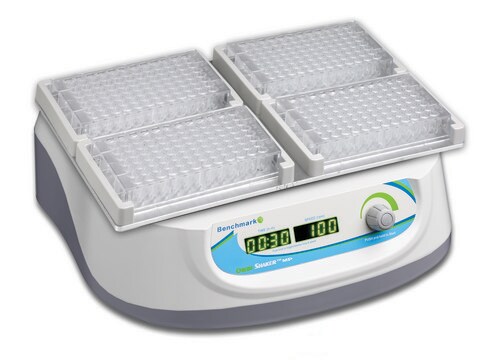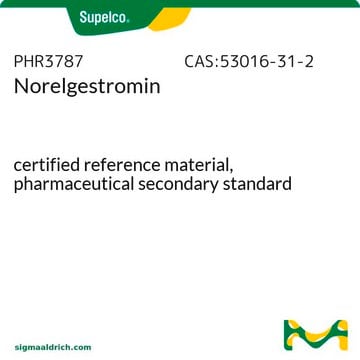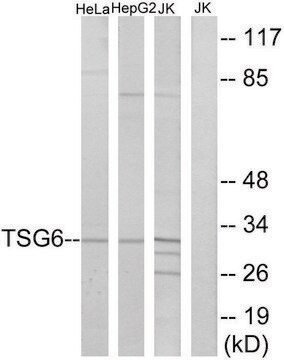RAB1092
Human TSG-6 ELISA Kit
for cell culture supernatants, plasma, and serum samples
Synonym(e):
Hyaluronate-binding protein, TSG-6, Tumor necrosis factor-inducible gene 6 protein
About This Item
Empfohlene Produkte
Speziesreaktivität
human
Verpackung
kit of 96 wells (12 strips x 8 wells)
Methode(n)
ELISA: suitable
Aufnahme
sample type cell culture supernatant(s)
sample type serum sample(s)
sample type plasma
assay range
inter-assay cv: <12%
intra-assay cv: <10%
sensitivity: 0.2 ng/ml
Nachweisverfahren
colorimetric
Versandbedingung
wet ice
Lagertemp.
−20°C
Angaben zum Gen
human ... TNFAIP6(7130)
Allgemeine Beschreibung
Anwendung
Biochem./physiol. Wirkung
Sonstige Hinweise
Signalwort
Warning
H-Sätze
P-Sätze
Gefahreneinstufungen
Met. Corr. 1
Lagerklassenschlüssel
8A - Combustible corrosive hazardous materials
Flammpunkt (°F)
Not applicable
Flammpunkt (°C)
Not applicable
Zulassungslistungen
Zulassungslistungen werden hauptsächlich für chemische Produkte erstellt. Für nicht-chemische Produkte können hier nur begrenzte Angaben gemacht werden. Kein Eintrag bedeutet, dass keine der Komponenten gelistet ist. Es liegt in der Verantwortung des Benutzers, die sichere und legale Verwendung des Produkts zu gewährleisten.
EU REACH Annex XVII (Restriction List)
Analysenzertifikate (COA)
Suchen Sie nach Analysenzertifikate (COA), indem Sie die Lot-/Chargennummer des Produkts eingeben. Lot- und Chargennummern sind auf dem Produktetikett hinter den Wörtern ‘Lot’ oder ‘Batch’ (Lot oder Charge) zu finden.
Besitzen Sie dieses Produkt bereits?
In der Dokumentenbibliothek finden Sie die Dokumentation zu den Produkten, die Sie kürzlich erworben haben.
Unser Team von Wissenschaftlern verfügt über Erfahrung in allen Forschungsbereichen einschließlich Life Science, Materialwissenschaften, chemischer Synthese, Chromatographie, Analytik und vielen mehr..
Setzen Sie sich mit dem technischen Dienst in Verbindung.








![4-[(3-Methylphenyl)amino]-3-pyridinsulfonamid pharmaceutical secondary standard, certified reference material](/deepweb/assets/sigmaaldrich/product/structures/257/112/c903a555-6525-4648-b6a7-14057e413757/640/c903a555-6525-4648-b6a7-14057e413757.png)
